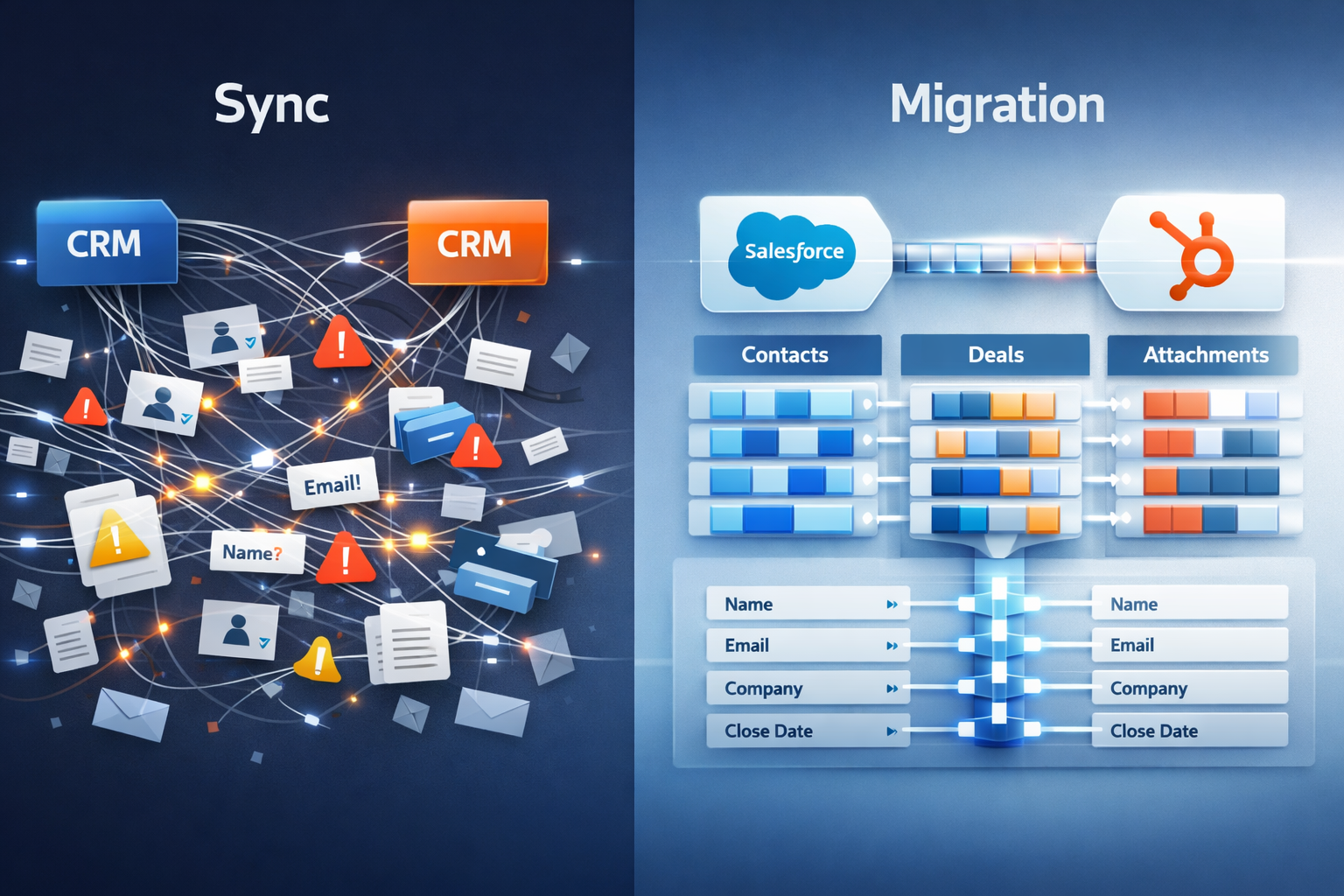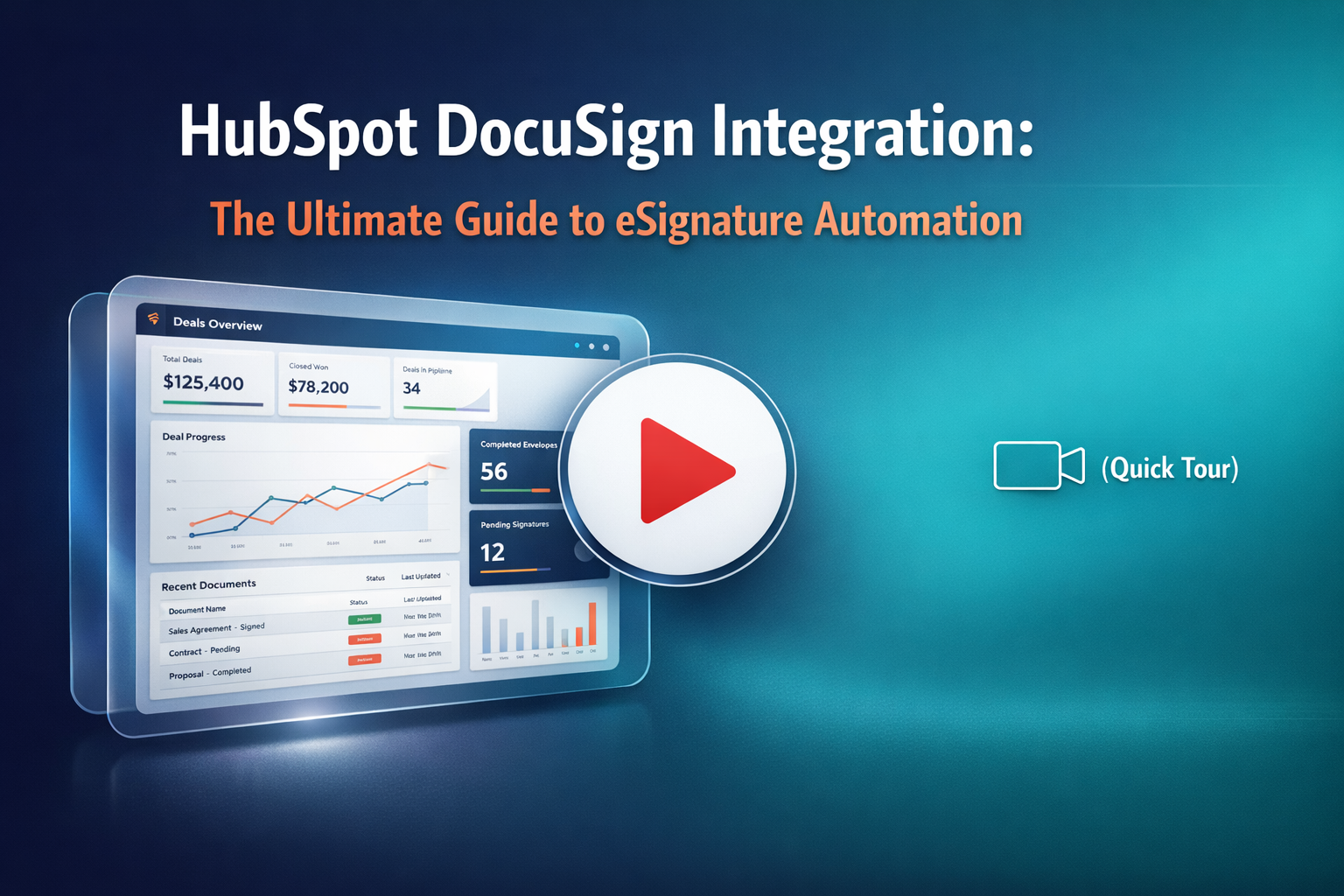In such a case, many businesses consider migrating their CRM systems to a newer, more powerful one.
Customer service is undoubtedly the most crucial aspect of your company’s success. Excellent customer service can transcend poor marketing, but replacing poor customer service with even the most extraordinary, “delightful” marketing is challenging and expensive.
Lead generation is customer-focused and naturally enhances customer service, but it doesn’t mean businesses that employ it can’t be guilty of poor customer service.
CRM data migration, or moving information from one database to another, appears to be a straightforward task on the surface. Isn’t it merely a technical exercise of mapping and shifting data from old to new fields? No, not exactly. Your IT team must proceed with prudence throughout data transfer for an innovative customer relationship management (CRM) system to generate long-term business value.
Data degradation is a genuine problem. Within a year, up to 70% of CRM records become erroneous. On the other hand, skimming over vital information might be just as destructive. So, it truly comes down to strategic balance.
The effects of bad CRM practices on a business
Migrating the CRM system is a challenging task. Unless performed correctly, the losses in terms of high costs, delays in business processes, customer unhappiness, and other factors might overwhelm the organization.
Diversely damages brand reputation.
Your brand’s reputation is highly significant and something you do not want to give up control of. However, particularly online, your image is the first thing to suffer when you have a long run of poor customer service.
When customers have a terrible encounter with a firm, they are ready to submit a bad review online. In addition to writing negative reviews, customers vent their displeasure on social media for their peers, family, co-workers, and the whole world to see.
According to a recent survey conceived through dissertation help, 95% of respondents indicated they usually tell at least one person about a terrible customer experience with a firm. In comparison, 54% said they typically suggest at least five other people.
If you believe customers aren’t browsing reviews or searching for brand conversations on social media, remember this: according to the same survey, 88 percent of respondents have been impacted by an online review while making a purchasing choice.
That results in a loss in total sales, but more crucially, a significant decrease in word-of-mouth marketing, perhaps the most effective marketing channel a business can have.
Bad CRM lets your potential customers fall between the cracks.
A CRM is useful for more than simply sales. However companies, it may be pretty beneficial to your lead-generating efforts if it is functioning correctly. By looking at your CRM data, you can get a better, more comprehensive overview of your customers, their weaknesses, and what they’re seeking in a strategically your customers, their weakness or product solution. In turn, you may work backwardHowever companies edge to engage and advertise to new prospects.
According to Metal Writers:
“In the future, CRM will continue to provide data and insights for business success. Leading experts see it evolving into something that measures sales enablement as well customer engagement while playing a tremendous role in measuring company performance overall – all of this striving towards an ultimate goal: helping you make better decisions about your bottom line!”
If your CRM marketing automation isn’t providing you with accurate prospect data, there will be a massive gap between that data guiding your nurturing and outreach to possible leads. You won’t be able to target the proper customers, and you won’t be able to contact them in a way that resonates with them. Insufficient CRM data leads to lost possibilities for new clients and may disrupt your sales cycle.
It will impact your Email marketing.
In addition to missing out on critical information that may influence your content approach, it can lead to readily avoidable mistakes that lead to ineffective emails.
There are many facets to email marketing, and much is at stake if it is done well. We’ve gone a long way from the “throw everything against the wall and see what holds” approach, and we now know that the more tailored communications are — both in terms of quality content and time — the more successful they are.
However, if you’re dealing with stale CRM data, you’re not marketing at all. You’re unable to effectively capture where your prospects are in the consumer decision-making process and what activities they’re performing on your site, both of which significantly impact how you develop them in your emails.
Sucks your profit
Poor CRM strategy can also lead to a loss of revenue.
First, your reputation suffers, and you begin to lose new sales (particularly from referrals), and then your regular clients begin to depart. You must decide whether to cut expenditures and start moving them out or increase marketing efforts to attract new clients.
Even if you lower expenditures to compensate for a loss of income, you will still need to enhance your customer service through instruction or recruiting, necessitating extra resources.
Trying to outbid your terrible customer service in marketing, on the other hand, might attract more consumers, but the problem only worsens with growth.
It leads to poor decision-making.
Statistics and analytics are only as practical as the data they are based on. Erroneous data leads to imprecise forecasting and poor decision-making, negatively influencing production and profitability. If insufficient care is taken to ensure that the data is comprehensive, consistent, and correct, your metrics may not provide a precise understanding.
Poorly impact on staff performance and leadership.
Increased hours and pressure caused by the inability to complete projects on time negatively influence morale, resulting in unhappy personnel and more significant attrition.
When erroneous data leads to poor decision-making or a public relations disaster, the audience only sees the end outcome and not what caused it in the first place. This contemplation causes critical stakeholders, decision-makers, and sponsors to lose credibility, trust, and personal risk.
CRM data migration and marketing strategy are simple but complex in practice. Make time with partners early on to define budget and scope, then collaborate to determine what data is vital to preserving connections and creating company success today and in the future.
Finally, a planned approach to CRM data lowers difficulties for your Administration and IT staff while ensuring end-users get the data they need to retain crucial connections and generate sales.




